Only healthy people can be happy, but how can we relate that to soccer? While learning soccer skills is important, when teaching a young child to play soccer one must first focus on the importance of the physical aspect of soccer in regards to the child’s development.
Regular physical activity helps develop a child’s movement skills while building stronger bones, a healthier heart and stronger muscles. Research shows that regular exercise can increase the size of the hippocampus, an area of the brain involved with learning and memory.
Soccer helps teach many aspects of a child’s development such as body awareness, proprioception, gross motor skills, agility, endurance and strength. Learning these basic physical movements at a young age through sports, such as soccer, can help the child be more athletic than they were naturally meant to be.
It is important to understand that every time a player has to execute a technical skill there are physical capabilities that are needed to execute the specific skill. Additionally, they must develop the physical capabilities before you build the technical skills. If a child cannot control their body because they don’t have the necessary physical capabilities, they cannot execute the technical skills needed to control the ball during a soccer match. If they cannot control the ball within the match, the child cannot control the game.
At DC Way we work on developing all aspects of the child: physical, mental and their soccer skills. The physical development portions of our programs focus on getting children stronger, healthier and to prepare their bodies for the next steps in development. This prepares them for whatever comes next not only in their soccer career, but also what comes next to creating a happy and healthy lifestyle!

